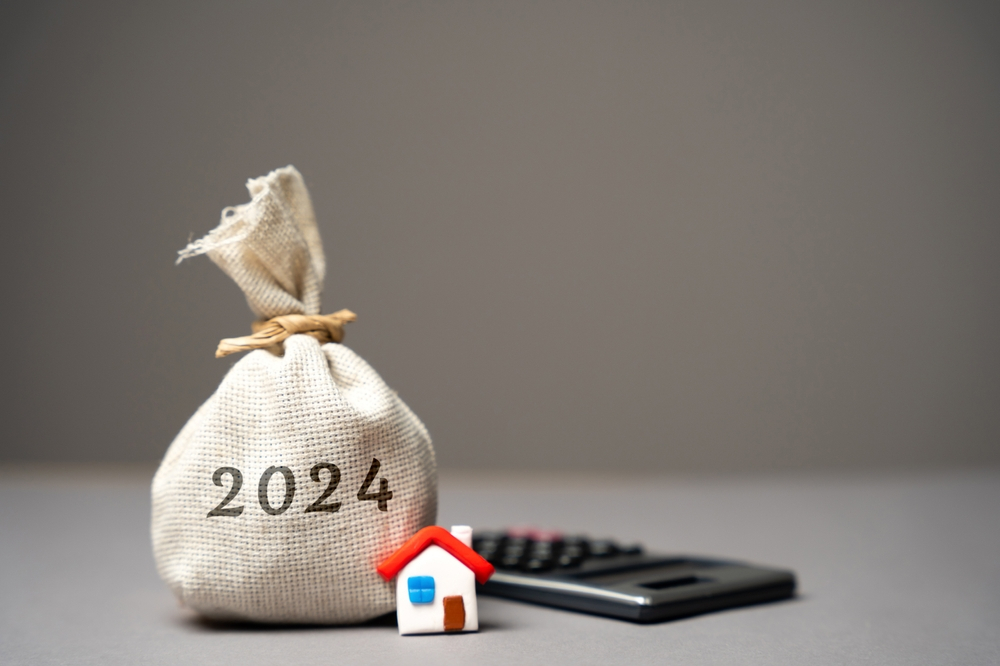Amortization is an accounting method used over a certain period of time to gradually reduce the book value of a loan or other intangible asset. Amortization of a loan focuses on deferring loan payments over a period of time. Amortization is comparable to depreciation in terms of how it affects an asset.
What is the Difference Between Mortgage Term and Amortization
Mortgage Term
The amount of time you commit to the mortgage rate, lender, and related mortgage terms and conditions is known as the mortgage term. Your mortgage rate will directly depend on the term you select. The phrase functions as a reset button for a mortgage. You must renew your mortgage on the remaining principal at the end of the term at a new rate that will be in effect.
Mortgage Amortization Period
On the other side, the mortgage amortization term is the time it will take you to pay off your total mortgage. You’ll sign several mortgage contracts over the course of your amortization time. In Canada, the majority of maximum amortization periods are 25 years. Longer amortization periods result in lower monthly payments because your mortgage is paid off over a longer period of time. Over the course of the mortgage, you will, nevertheless, pay more in interest.
Maximum Amortization Period
The longest possible amortization duration for all houses insured by CMHC as of March 2020 is 25 years. When the federal government stated in June 2012 that the maximum amortization time for properties with CMHC insurance will be lowered from 30 to 25 years, this reached a low point.
All home purchases with a 20% or lower down payment must have CMHC insurance. Therefore, some lenders may allow an amortization period longer than 30 years if you are putting more than 20 percent down on your purchase.
Previously, on March 18, 2011, the maximum amortization for mortgages with CMHC insurance was lowered from 35 to 30 years.
Short vs. long term amortization periods
When it comes to your amortization, homeowners are frequently unsure of how long to select. Your ideal amortization term will vary depending on a number of variables, such as the type of mortgage you have, the loan amount, and any time constraints you may have.
The Argument For a Short-Term Amortization Period
Short-term amortization periods are those that last 5, 10, or 15 years. The whole loan amount will need to be repaid in full more quickly with a shorter amortization period.
Some borrowers can choose a shorter amortization time than a longer one for a few main reasons. To begin with, the loan might be repaid in full much sooner. This implies that you can become financially independent much sooner.
Lower interest rates are an added benefit of a quicker amortization period. In general, the interest rate will be higher the longer the amortization term. You can lock in a rate that is up to 1% lower than a long-term mortgage by applying for a short-term mortgage.
You can save a lot of money over the course of the loan by taking advantage of cheaper rates that frequently go along with short-term amortization periods, which ultimately makes these mortgages much more reasonable. Additionally, because a shorter-term property is paid off sooner, there will be much less interest paid altogether.
The Argument For a Long-Term Amortization Period
For Canadian house loans with less than a 20% down payment, the maximum amortization length is 25 years. The maximum term for “traditional” loans is 30 years (requiring at least a 20% down payment).
That means you might be able to get a 30-year amortization period if you can come up with a minimum 20% down payment for your home purchase. Your maximum amortization length will be 25 years if your down payment is less than 20% of the cost of your house.
The lower mortgage payments are the main benefit of a lengthy amortization period. Your loan amount will be repaid in full over a much longer period of time, resulting in lower monthly payments as the total loan amount is spread out over a much longer period of time.
This is why borrowers who may need to stay to tight budgets like longer amortization periods, such as 25 years. First-time homebuyers, who may have even less money to play with, benefit significantly from lower monthly mortgage payments over a longer period of time.
Even though shorter amortization periods enable borrowers to pay off their loans more quickly and save a significant amount of money in interest over time, the higher monthly payments may be too much for many borrowers.
Which Amortization Period is Best for You?
It sounds nice to be able to pay off your mortgage as soon as possible and possibly save tens of thousands of dollars over the course of your loan. However, it would seem even better to be able to make monthly mortgage payments that are cheaper and have more money available in your budget for other expenses.
The decision you make about a short-term versus long-term amortization period ultimately depends on your particular financial situation. A shorter amortization time might be an option if you have the resources to easily make higher mortgage payments, especially when you take into account how much money you can save in the long run.
A long-term amortization can be preferable if your finances are tight and increased payments are putting you in a bind. Your capacity to make your payments on time each month is a critical issue to take into account, even though it can wind up costing you more in the long run.








